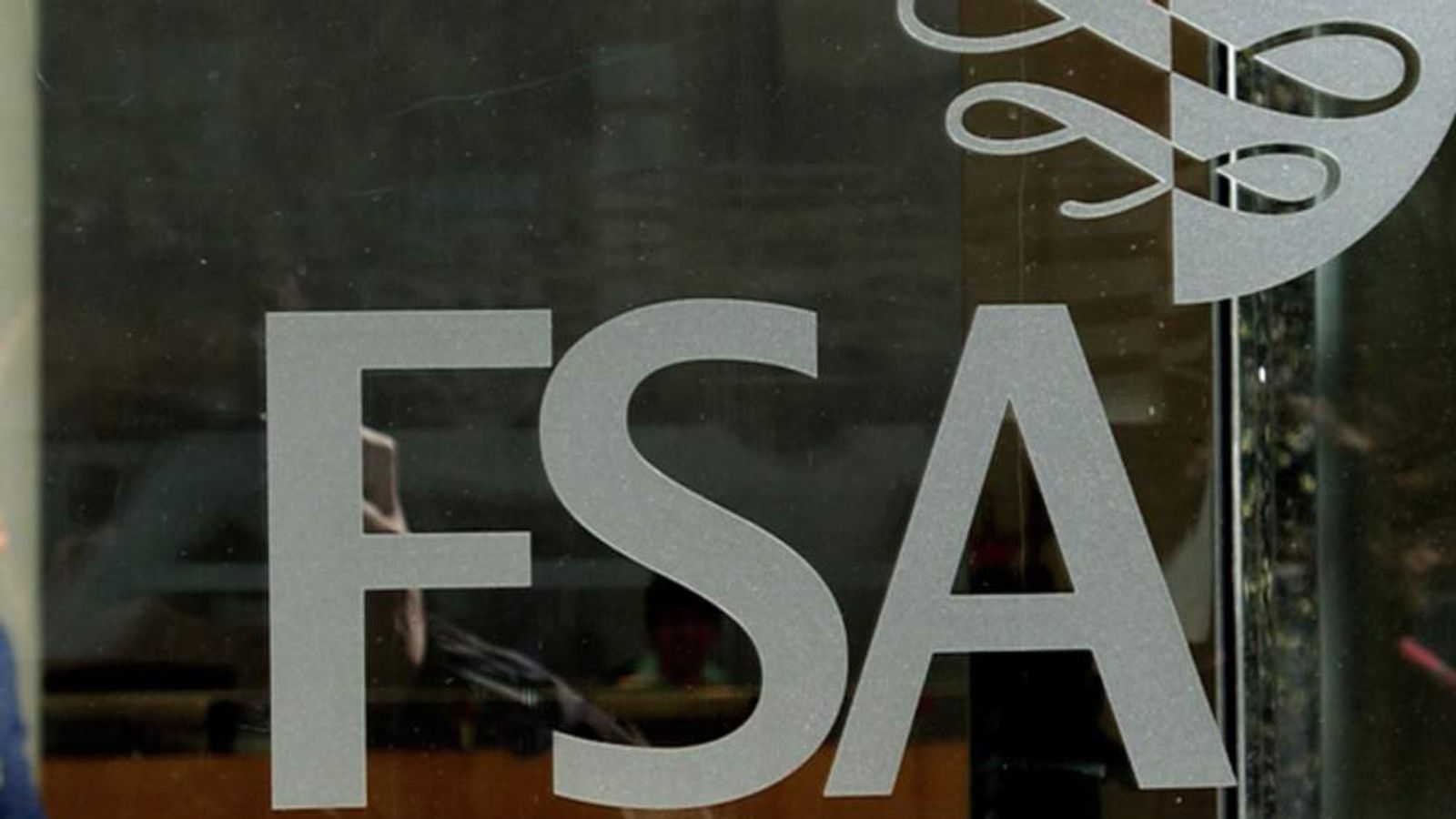The Impact Of Veterinary Watchdog Complaints On Veterinarians

Table of Contents
Types of Veterinary Watchdog Complaints and Their Frequency
Veterinary watchdog organizations receive a range of complaints, varying in severity and nature. Understanding the most common types is crucial for proactive risk management. While precise statistics vary across organizations and jurisdictions, some of the most frequent complaints include:
-
Malpractice claims: These often involve allegations of surgical errors, misdiagnosis, or incorrect treatment leading to harm or death of an animal. Examples include leaving surgical instruments inside a patient or failing to diagnose a serious condition leading to its worsening.
-
Negligence: This encompasses inadequate care, delayed treatment, or failure to provide necessary services. For instance, neglecting to provide appropriate pain management after surgery or failing to monitor a patient's vital signs post-anesthesia can result in complaints.
-
Unprofessional conduct: This broad category includes rude behavior towards clients, poor communication, failure to provide requested information, or breaches of confidentiality. These complaints often stem from client dissatisfaction or perceived lack of empathy.
-
Animal cruelty allegations: These serious accusations involve claims of intentional or negligent acts causing unnecessary suffering or harm to animals under a veterinarian's care. Such complaints can trigger immediate investigations and severe penalties.
-
Billing disputes and overcharging: Disputes regarding fees, transparency in billing practices, or claims of overcharging can also lead to formal complaints against veterinarians. Clear and concise billing practices are essential to avoid such issues.
The Investigation Process and its Impact
The investigation of a veterinary watchdog complaint can be a lengthy and stressful process for the veterinarian involved. The process typically involves several key steps:
- Initial complaint assessment: The watchdog organization reviews the complaint to determine if it warrants a full investigation.
- Gathering evidence and documentation: This involves collecting medical records, witness statements, and other relevant information.
- Interviews with witnesses: Clients, veterinary staff, and other relevant individuals may be interviewed to gather perspectives on the events in question.
- Review of medical records: A thorough review of the animal's medical records is conducted to assess the quality of care provided.
- Disciplinary hearing or board review: In cases of serious allegations, a formal hearing may be held before a disciplinary board to determine the outcome of the complaint.
Throughout this process, the veterinarian faces uncertainty and potential consequences, including temporary license suspension, negative media attention, and emotional distress.
Consequences of Sustained Complaints
A sustained veterinary watchdog complaint can have far-reaching consequences for a veterinarian's career and professional life:
-
Reputational damage and loss of clients: A negative finding can severely damage a veterinarian's reputation, leading to a loss of clients and difficulty attracting new ones. Online reviews and word-of-mouth can significantly amplify the impact.
-
Financial penalties and legal fees: Depending on the severity of the complaint, financial penalties may be imposed, alongside the substantial legal fees associated with defending against allegations.
-
License suspension or revocation: In serious cases, the veterinarian's license to practice may be suspended or revoked, effectively ending their career.
-
Increased professional liability insurance premiums: A history of complaints will almost certainly result in higher premiums for professional liability insurance, adding to the financial burden.
-
Difficulty finding employment: A tarnished reputation can make it challenging to find new employment opportunities within the veterinary profession.
Protecting Yourself Against Veterinary Watchdog Complaints
Proactive measures are essential for minimizing the risk of facing a veterinary watchdog complaint. Key strategies include:
-
Maintaining detailed and accurate medical records: Meticulous record-keeping is paramount. Thorough documentation of all procedures, treatments, and client communications safeguards against misunderstandings and allegations of negligence.
-
Effective client communication strategies: Active listening, clear explanations, and empathetic communication are crucial for fostering positive client relationships and minimizing the likelihood of disputes.
-
Adherence to professional guidelines and best practices: Staying up-to-date with professional standards and adhering to best practices demonstrates a commitment to quality care and reduces the risk of errors.
-
Implementing a robust risk management plan: Develop a comprehensive plan that addresses potential risks and outlines procedures for handling complaints and difficult situations.
-
Professional development and continuing education: Regular professional development keeps veterinarians abreast of advancements in veterinary medicine and enhances their skills and knowledge.
Conclusion
Veterinary watchdog complaints represent a significant risk for veterinarians. Understanding the various types of complaints, the investigation process, and the potential consequences is crucial for effective risk management. By implementing strategies such as meticulous record-keeping, clear communication, and adherence to professional guidelines, veterinarians can significantly reduce their risk of facing complaints and safeguard their careers. Protect your reputation and career by understanding the impact of veterinary watchdog complaints and taking proactive steps to mitigate potential risks. Learn how to effectively mitigate the risk of veterinary watchdog complaints and safeguard your practice.

Featured Posts
-
 That Bai Ngo Ngang Alcaraz Roi Indian Wells O Ban Ket
May 31, 2025
That Bai Ngo Ngang Alcaraz Roi Indian Wells O Ban Ket
May 31, 2025 -
 Building The Good Life Mindset Actions And Habits
May 31, 2025
Building The Good Life Mindset Actions And Habits
May 31, 2025 -
 Confirmation Elon Musk Exits Trump Administration
May 31, 2025
Confirmation Elon Musk Exits Trump Administration
May 31, 2025 -
 Wang Sun Three Peat In Table Tennis Mixed Doubles World Championships
May 31, 2025
Wang Sun Three Peat In Table Tennis Mixed Doubles World Championships
May 31, 2025 -
 Achieving The Good Life Strategies For A Meaningful Existence
May 31, 2025
Achieving The Good Life Strategies For A Meaningful Existence
May 31, 2025
